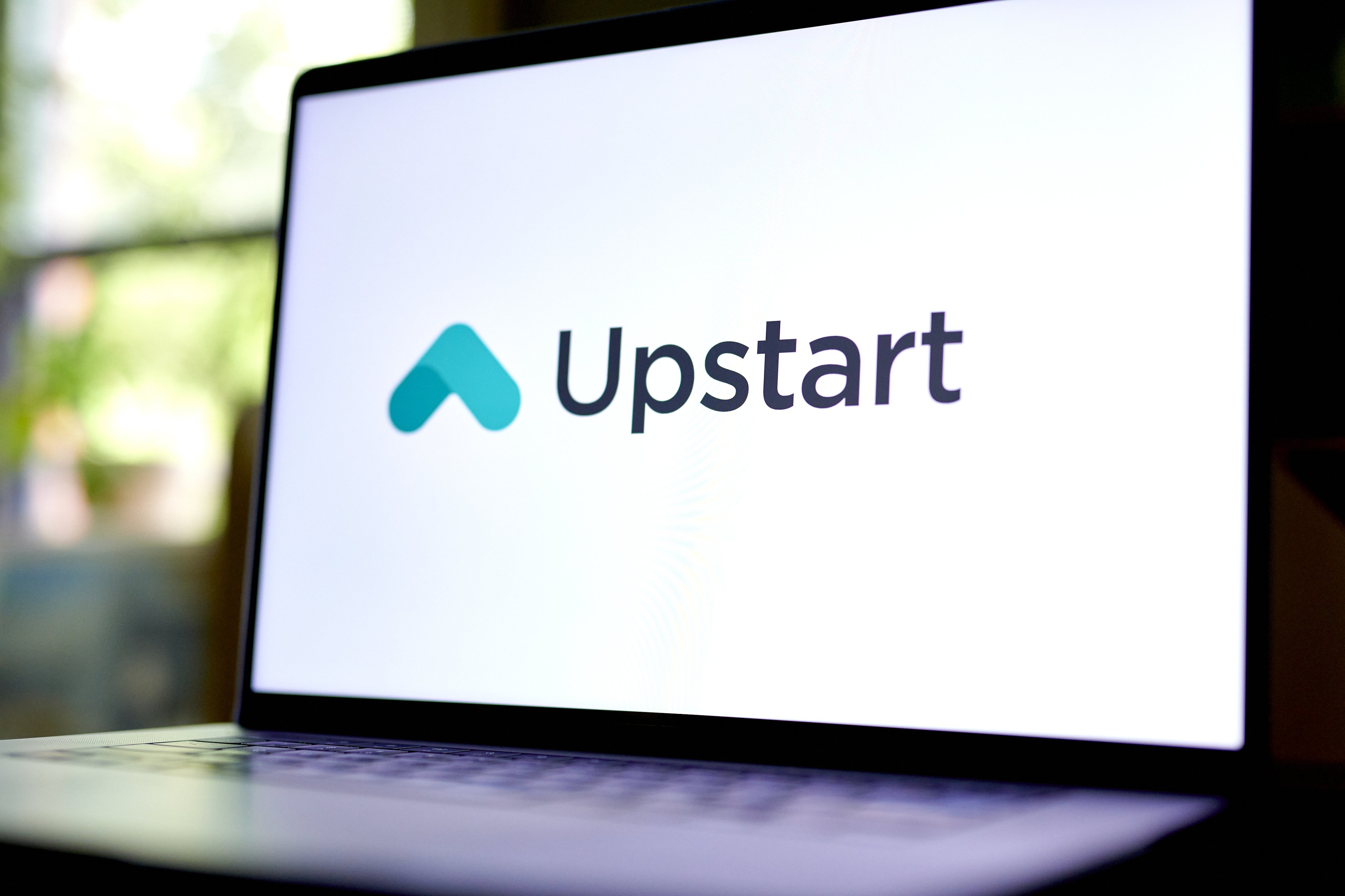In Berkshire Hathaway's (NYSE: BRK-A) (NYSE: BRK-B) second-quarter earnings report, we learned that the conglomerate's stockpile of cash has grown to more than $111 billion. Here's why the cash hoard has become so large and why this is a problem for Berkshire and its shareholders.
A full transcript follows the video.
This video was recorded on Aug. 6, 2018.
Shannon Jones: Matt, you mentioned Berkshire ending with $111 billion in cash on the balance sheet, a figure that's really continued to grow over the past couple of years, and in an environment where the ability to deploy and put that cash to good use has, for the most part, run rather dry.
Before we get into that, I will say, if I had $111 billion in cash in my bank account, first of all, I wouldn't be complaining, by any means. I can guarantee you, in the Jones household, it would not be a problem. But, when it comes to companies, and it comes to having growing, massive cash hoards, it's not always a good thing. First, tell us why that's not always a good thing for companies. Second, let's talk about how Berkshire prefers to use its cash.
Matt Frankel: Berkshire views its cash as a problem, and for good reason. Warren Buffett likes having about $20 billion in cash on the sidelines at all times to take advantage of opportunities as they come up. This is how he made some of his best investments, during the financial crisis, for example. That still leaves about $90 billion more than Buffett wants to have sitting around. The problem is, this is $90 billion -- which is almost a fifth of Berkshire's entire market cap -- that's sitting around earning virtually nothing. Yes, it's a good problem to have, in that it's better than not having enough cash or having a big amount of debt to worry about. But, it's as if one of your biggest business segments ground to a halt and stopped earning revenue.
Berkshire is trying desperately to find ways to use its cash. Buffett likes to use his cash in a few main ways. First, it should go without saying that he wants to make sure that the needs of the businesses Berkshire already owns are taken care of. Beyond that, he wants to be able to acquire whole companies to add to that list of about 60 subsidiaries that I mentioned. He hasn't been able to do that recently. The big obstacle that he's mentioned is valuation. It's no secret that the stock market has been on a tear over the past decade or so. That's really pushed up valuations in the stock market, as well as in terms of acquisition opportunities. Buffett specifically mentioned that price was the biggest obstacle to getting any deals done. He's found a few that he liked, but they couldn't come to an agreeable price that's attractive by Buffett's standards.
Beyond that, as I mentioned, Buffett likes to invest in individual stocks. They've had some success on that front recently, to be fair. The cash hoard at the end of 2017 was over $116 billion. It's actually gone down a bit. Berkshire added massively to its Apple stake in the first quarter. During the second quarter, we won't find out until next week what stocks Buffett bought, but it looks at first glance like he did some serious buying.
One interesting point to note is, the $111 billion in cash is exactly $2.4 billion more than they had last quarter. After Bayer bought Monsanto, which was a Buffett stock, that's exactly the cash infusion they took in. Aside from that, it looks like Buffett was pretty successful at deploying all of the excess cash generated by its businesses. We'll have to see what Buffett bought and sold, but it looks like they've had some success buying stocks, but not to the point where it's significantly whittling away at their cash hoard.
The other two options that most companies use to return capital to shareholders are dividends and buybacks. Buybacks, we'll get into in a second. Buffett would rather let his cash build up than pay a dividend. He's very anti-dividend. He thinks, if shareholders want income off their shares, if they want a 3% yield, they should simply sell 3% of their shares every year, which would be a better strategy in his mind. There really haven't been too many options. He's been limited in attractive opportunities recently, which is why the cash hoard has ballooned as much as it has.
Jones: To give a little more color in terms of the lack of opportunities and lack of attractive acquisition targets, you have to remember that Berkshire isn't the only player in this space that's looking to acquire. You have your major private equity firms, you have alternative asset managers out there, that also have huge piles of cash, and that honestly are willing to pay quite a hefty premium to acquire some of those companies. These are companies like Blackstone Group, Apollo Management. They're also shopping. This makes the M&A space very competitive. You have tons of money chasing the same types of deals, which makes it hard for Berkshire in the long run to find a true bargain, which we know is ultimately the MOA for Warren Buffett.
Going back to something you said, one of the questions is, why not dividends? Why not return capital to shareholders via dividends? You covered all the highlights. If you think about it, too, first of all, Buffett loves, himself, receiving dividends. He doesn't want to pay it out. Really, Buffett thinks he can make more money for shareholders by investing their money than they can make for themselves. Honestly, it's hard to argue against that when you're looking at annualized returns of 20% since 1965. That's double what the S&P returned over that same timeframe. It's hard to argue against that.
I believe, too, Matt, back in 2014, there was actually a shareholder proposal that came up. A shareholder said, "Why don't you pay dividends?" It was interesting, I believe the vote came back 98% against Berkshire Hathaway paying out dividends. Really, what that said and speaks to is the fact that, Warren Buffett, we trust you, please reinvest these earnings for us on our behalf, we know you can continue to grow this. Dividends, like you mentioned, really out of the question.







